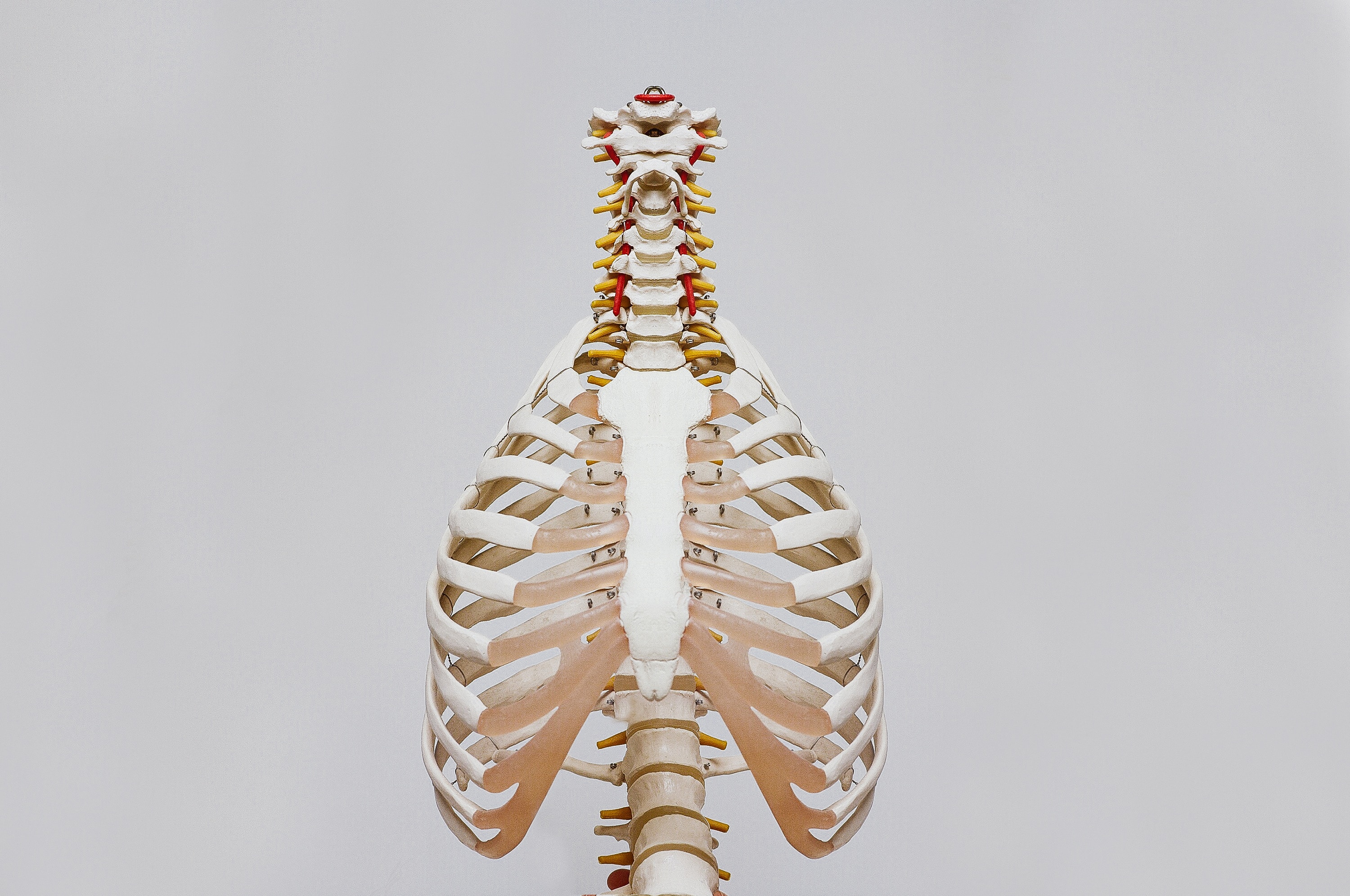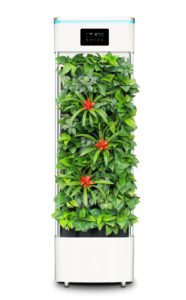
It’s a wild world out there– large and quite mysterious– but some of the strangest things you’ll ever learn have to do with your very own body. Humans have been studying their own bodies since the beginning of time.
For centuries, most of the scientific and medicinal theories laid out were based on little fact. For instance, in medieval medicine people believed that the body’s well-being relied on the balance of four liquids or “humors.” The four humors were blood, yellow bile, black bile, and phlegm. Physicians would seek to balance the person’s humors when they were sick with the use of either heat or cold, dry or wet.
Today we know that disease, for the most part, doesn’t just happen because the liquids in our bodies are out of whack. With advanced technology, we are able to trace back a large number of ailments to their source whether they’re genetic, viral, or bacterial. Furthermore, we know a lot more about how the body works. Believe it or not, there are multiple bizarre connections in the body. How we treat one area can have a huge impact on the functions of another.
Immunity and Your Gut
Inside your stomach is a whole ecosystem of microscopic organisms that influence your overall health. Your gut microbiome consists of different bacteria: Akkermansia, Lactobacillus, and Bifidobacterium. While the idea of bacteria inside you may make your skin crawl, the truth is you need these helpful critters for a strong immune system. The bacteria that lives within you has been there since you were born, training your immune system on how to behave. Whenever foreign bodies enter your gut, the trained microbiome is able to defend your body and prevent inflammatory responses. If your gut flora is lacking or imbalanced, your body has a much more difficult time fighting off disease. If you want a strong immune system, you want to feed a diverse population of gut flora. A good way to cultivate healthy gut bacteria is through the consumption of probiotic and prebiotic foods. If probiotic-rich foods like sauerkraut, yogurt, and kombucha are not really your cup of tea, try a probiotic supplement that supports a healthy gut and immunity.
Heart Disease and Your Mouth
When your dentist tells you to floss, they’re looking out for a lot more than just cavity prevention. As it turns out, people with bad oral hygiene experience higher rates of cardiovascular problems such as stroke or heart attack. The bacteria that grow in your mouth can easily get out of control if you do not brush and floss your teeth at least twice a day. When those bacteria infect the gums, causing gingivitis or periodontitis, they can easily find their way into your blood vessels which can lead to inflammation and damage. Once that inflammation is triggered, the entire body’s immune response can set off a cascade of damage with its first stop being the heart via the blood vessel highway. To keep your heart healthy– and your breath fresh– be diligent with dental hygiene every single day and see your dentist biannually for a check-up and professional cleaning.
****
Your body is an amazing machine we are only beginning to get a better understanding of in this modern age. You can have one little thing like your gut microbiome become imbalanced and it affects your entire immune system. That’s why it’s so important to focus on whole body care for both your mental and physical health. It’s all connected, so your best bet is to treat every inch of yourself with care.
Photo by Nino Liverani on Unsplash


 We are all vulnerable to microscopic bacteria that can make us desperately ill and threaten our long-term health. What makes them such a dangerous threat is that they’re present everywhere, even in our own homes and on surfaces we come in contact with every day. And that’s not all. Even common household dust, sprays, cleaning fluids and objects that make our homes smell good can combine to make us desperately ill. It’s important to be aware of how the chemicals we use to clean our homes and the tiny microbes they’re meant to control can affect our health.
We are all vulnerable to microscopic bacteria that can make us desperately ill and threaten our long-term health. What makes them such a dangerous threat is that they’re present everywhere, even in our own homes and on surfaces we come in contact with every day. And that’s not all. Even common household dust, sprays, cleaning fluids and objects that make our homes smell good can combine to make us desperately ill. It’s important to be aware of how the chemicals we use to clean our homes and the tiny microbes they’re meant to control can affect our health.